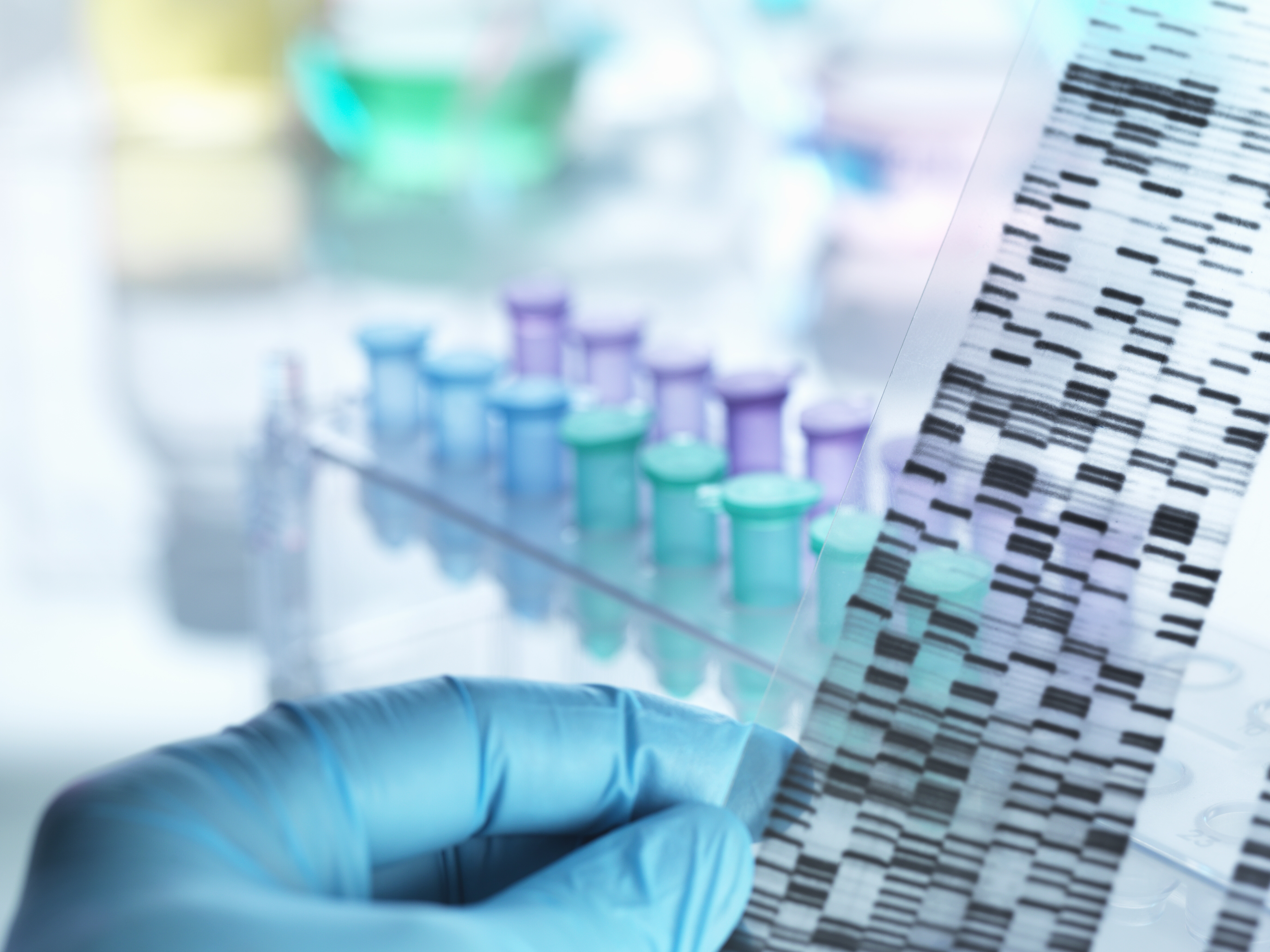Beyond the Scale: A Dietitian's Guide to Understanding Body Composition and Metabolism
Hormones and Their Impact on Metabolism

Hormones are chemical messengers that play a crucial role in regulating metabolism and body composition. Insulin, cortisol, thyroid hormones, and sex hormones like estrogen and testosterone influence how the body stores and utilizes energy. For instance, insulin regulates blood sugar levels and fat storage, while thyroid hormones control the rate of metabolism. Imbalances in these hormones can lead to metabolic disorders such as obesity, diabetes, and hypothyroidism. Understanding the hormonal influences on metabolism can aid in identifying underlying issues and developing targeted strategies to restore balance and improve metabolic health.
The Influence of Genetics on Body Composition

Genetics plays a significant role in determining body composition and metabolic rate. Certain genes influence how the body stores fat, builds muscle, and burns calories. While genetic predisposition cannot be changed, understanding one's genetic makeup can provide valuable insights into potential health risks and inform personalized lifestyle choices. Advances in genetic testing and nutrigenomics are paving the way for more individualized approaches to nutrition and fitness, allowing for interventions that consider genetic variability. This personalized approach can lead to more effective strategies for achieving and maintaining a healthy body composition.
